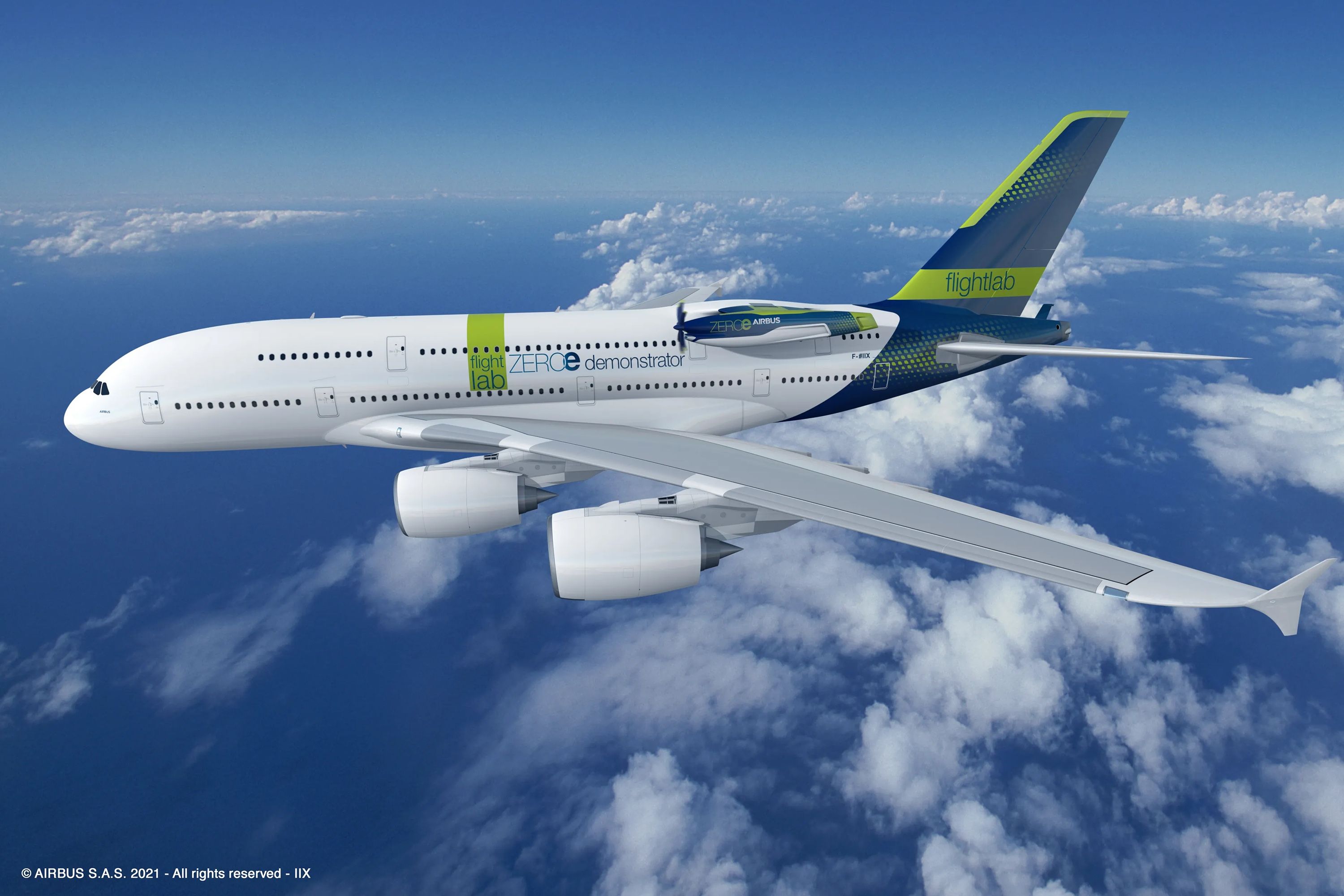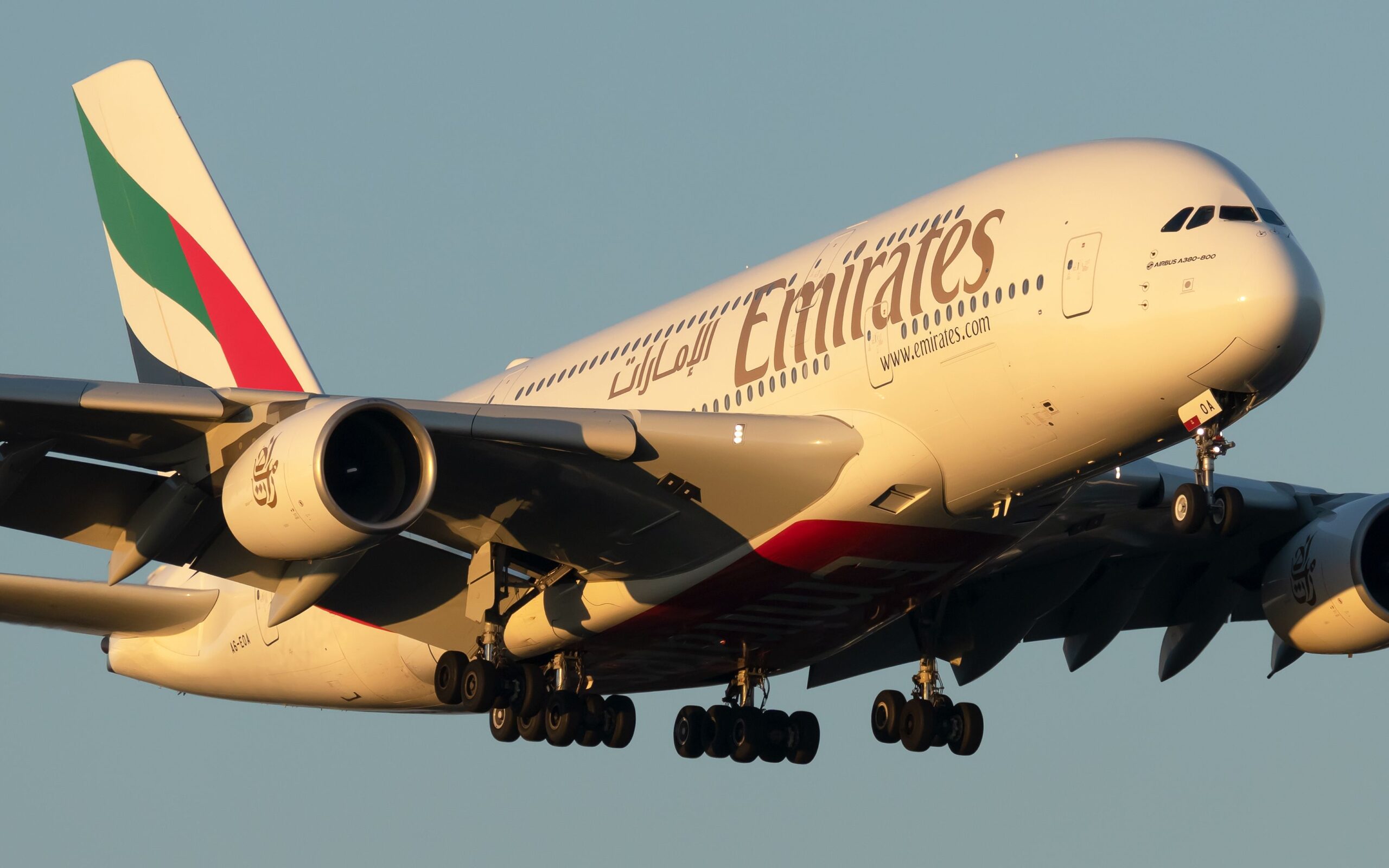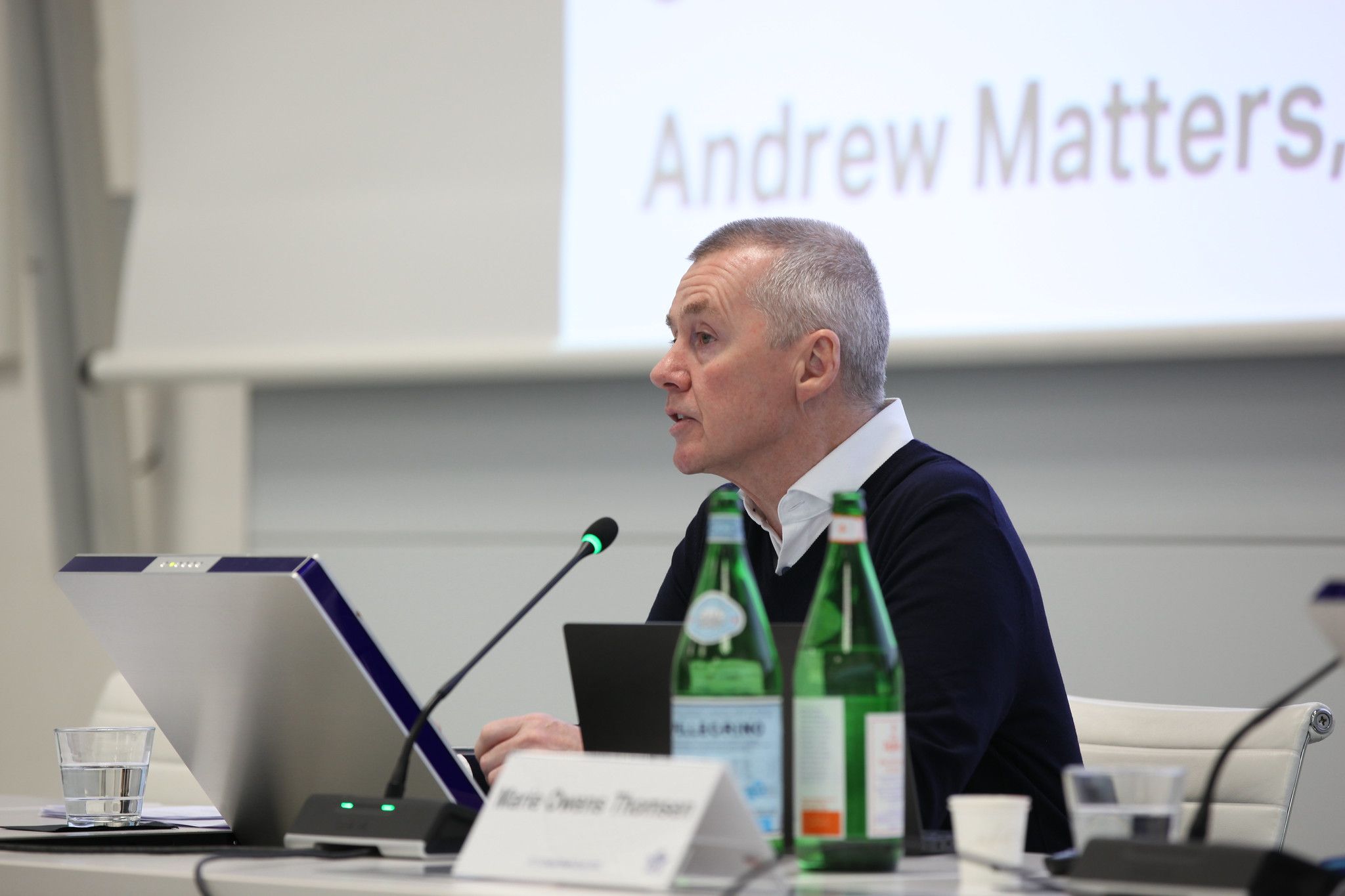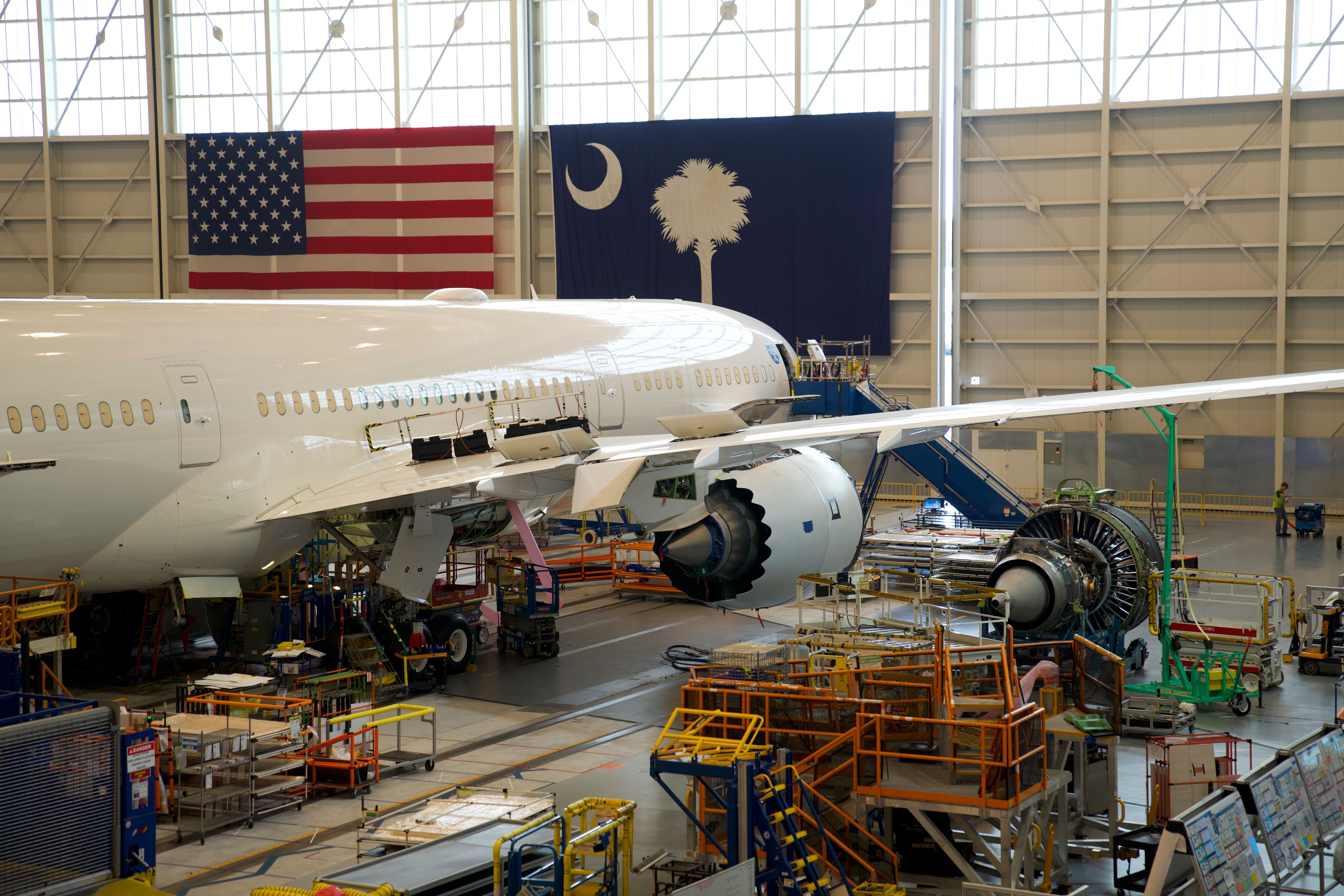Summary
- Global commitment to safety through IATA Charter by 73 airline CEOs.
- Safety Leadership Charter promotes a culture of safety and trust within airlines.
- IATA highlights safest year in 2023 for commercial aviation, setting example for industry.
The International Air Transport Association has announced that 73 airlines have committed to its Safety Leadership Charter, focusing on passenger and airline staff safety.
Global commitment to safety
The International Air Transport Association (IATA) is a trade association that represents several airlines worldwide and is committed to safety and efficiency in the industry. Headquartered in Montreal, Canada, IATA hosts several events yearly that unite airline and airport leaders to unite on its goals. Currently, the Annual General Meeting is taking place in Dubai.
Photo: IATA
Earlier today, IATA announced that 73 airline CEOs have committed to the IATA Safety Leadership Charter. According to IATA, the charter was created in collaboration with airlines worldwide and aviation community members. The goal of the charter is to encourage safety cultures through eight principles:
- Reinforcing safety through both words and actions.
- Fostering safety awareness among employees, the leadership team, and the board.
- Guiding the integration of safety into business strategies, processes, and performance measures.
- Creating the internal capacity to proactively manage safety and collectively achieve organizational safety goals.
- Creating an atmosphere of trust, where all employees feel responsible for safety and are encouraged and expected to report safety-related information.
- Establishing a working environment in which clear expectations of acceptable and unacceptable behaviors are communicated and understood.
- Creating an environment where all employees feel responsibility for safety.
- Regularly assessing and improving an organizational Safety Culture.
IATA highlighted that 2023 was the best year ever in the commercial aviation industry. Last year, no member airlines registered any fatalities, and not one crash occurred on a jet-engine aircraft. A turboprop aircraft crashed in Nepal in January, an ATR 72 operated as Yeti Airlines Flight 691.
Willie Walsh, IATA’s Director General, had the following to say about today’s announcement,
“Strong leadership and strong safety culture are interdependent. And both are needed to drive continuous improvements in safety performance. By putting their names to the IATA Safety Leadership Charter, 73 airline CEOs have set an example for their airlines and for the industry. In doing so, the Charter is a call to action that keeps in focus the critical obligation of airline CEOs to lead a safety culture that keeps their passengers and staff safe.”
What is the charter?
The three major points of IATA’s strategy in improving safety in the industry are, safety leadership, safety risk, and safety connect. First, IATA hopes to encourage safety cultures worldwide, which Boeing leadership has discussed since the major Alaska Airlines Boeing 737 MAX 9 door plug blowout in January. Safety risk means that collecting and analyzing data can identify and mitigate risks. Safety connect encourages a transparent culture, enabling leaders to report, discuss, and resolve safety concerns.
Photo: Lukas Souza | Simple Flying
At the same event today, Walsh was asked about the growth in the industry and emissions targets. Specifically, the question posed was whether industry growth should be slowed or allowed to continue. According to Simple Flying’s report, Walsh said it was such a European mindset that reducing emissions needs to be the focus. As far as limiting growth, he said he does not foresee that happening. The full report can be found below:

Related
IATA’s Willie Walsh Explains Why There Is No Stopping Airline Industry Growth



